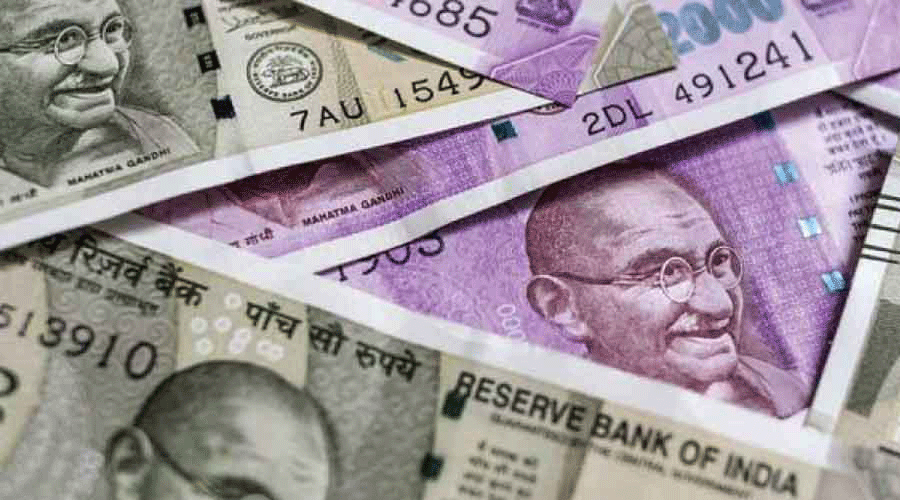Adolescent girls of several West Bengal districts are brimming with new-found confidence as they go about making their families' monthly budgets and opening bank accounts, thanks to an initiative by the state government and UNICEF to render financial and digital literacy.
Monalisha Lohar, 17, said she now plans the expenses of her four-member family and keeps a portion of money as savings. She also helps people in her village with banking chores.
Hundreds of adolescent girls of Purulia, one of the most backward districts of the state, have been taught how to make a family budget, open a bank account and withdraw money from the account, as part of a West Bengal government-UNICEF initiative under the Kanyashree Plus' project to empower them and stop early marriage.
The girls are also told not to share the personal identification number (PIN), one-time password (OTP) and card verification value (CVV), officials said.
UNICEF West Bengal has been providing financial and technical support to the project in Purulia, Alipurduar, Jalpaiguri, Dakshin Dinajpur, Malda, Murshidabad, South 24 Parganas, Birbhum, Purba Bardhaman and Calcutta.
"We have been told by the UNICEF trainers how to make the monthly budget and to keep a little portion of money for savings. I have told my parents that as part of the budget we should divide money into heads like food, clothing, education, electricity, LPG and savings. Our total expenditure should not be more than the monthly income," Monalisha told PTI at the Anganwadi Centre in Kashipur's Dobapara, about 260 km from Calcutta.
She is preparing for the nursing entrance test after appearing for her higher secondary examination.
"The financial and digital literacy training has given new confidence to me and my friends. Now, we don't feel afraid to visit a bank branch as we know how to deposit and withdraw money," she said.
Monalisha said a few days back her father received a phone call about winning a lottery. The caller demanded Rs 3,000 as registration fee, bank account details, Aadhaar card and PAN card numbers.
"But as I have been taught by our trainers, I told my father not to share such details and he didn't," she said.
Monalisha, Sharmistha Mahato, Susuma Mahato, Surabhi Mahato, Mousumi Mondal and Purnima Mondal and many others girls of Jhalda Girls Higher Secondary School of the district are equally adept at such financial chores."I withdraw Kanayshree' money, which gets deposited in my bank account to purchase books, pens, pencils and other necessary items," Sharmishtha Mahato, a Class- 12 student, told PTI.
The Department of Women Development and Social Welfare has designed the Kanyashree Prakalpa' - a conditional cash transfer scheme with the aim of improving the status and well-being of the girl child in the state, by incentivising schooling and delaying their marriages until the age of 18, a senior state government official said.
"The beneficiaries of the scheme are girl children within the age of 13 to 19 years, who regularly attend institutions for education or vocational/sports training," he said.
The official said as cash transfers alone are not enough to change societal norms and structural barriers that perpetuate child marriage and gender-based discrimination, the Kanyashree's cash transfers were accompanied by the Public Advocacy and Social Behaviour Change Communication (SBCC) strategy to influence the societal forces that perpetuate gender inequality.
"This has been scaled up into a full-fledged cash plus programme called Kanyashree Plus," he added.
UNICEF West Bengal's Child Protection Officer, Swapnodipa Biswas, said Kanyashree Plus' is a multi-dimensional scheme that not only focuses on empowering adolescent girls, but works on knowledge skills and attitudes of a range of government and community stakeholders for social transformation.
Biswas said financial and digital literacy has helped empower adolescent girls in the state and bring down cases of child marriage.











